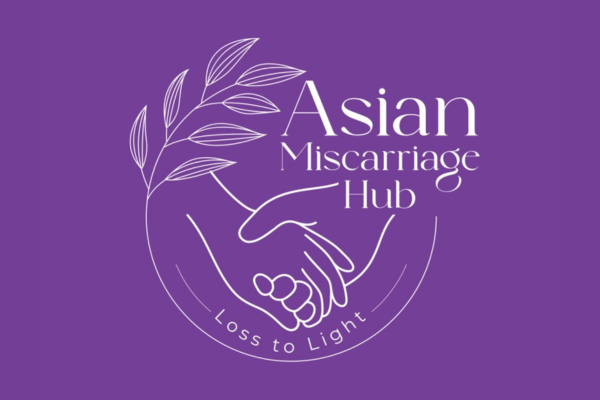
Asian Miscarriage Hub
A safe space created for women in the South Asian Community and women around the world who go through miscarriage and infertility alone.
As a charity we have worked tirelessly for almost 60 years to save and change the lives of women, girls and babies.
Shockingly, the UK has the widest gender health gap in the G20 as our health system has been designed by men for men. In July 2022, the UK Government tried to tackle this disparity with the launch of the Women’s Health Strategy, which promised to tackle the deeply rooted inequalities in our healthcare system to improve the health and wellbeing of women across the country.
Nowhere is this gender health gap more pronounced than for women from diverse ethnic groups. The 2022 National Institute for Health and Care Research (NIHR) study, which was part funded by Wellbeing of Women, found that women and their babies who are from Black or minority ethnic communities experience worse outcomes during pregnancy and the postnatal period.
Together with our ambassador Dr Nighat Arif, we want to make change. The Health Collective has emerged out of the urgent need to do more to ensure all girls and women receive the best care, regardless of which community they belong to. It is being led by grassroots organisations representing women’s voices from every community in our society.
We are at the start of a long road, with a lot of work to do, but it feels achievable through combined action and collaboration.”
Dr Nighat Arif
Wellbeing of Women Ambassador
We want to ensure members voices are being heard and used to influence Government policy via the Women’s Health Strategy and create collaborative solutions to overcome many common challenges.
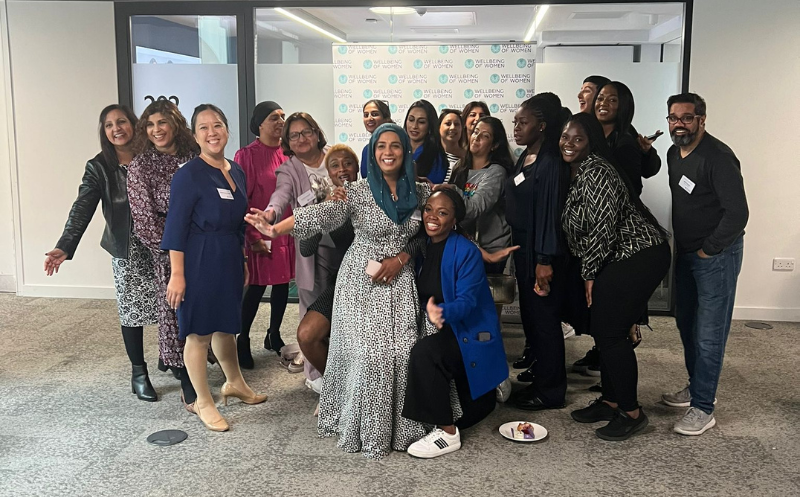
The objectives of The Health Collective are to:
We held our first meeting in September 2023, to gather insights on health prioritises for women from marginalised communities. Over 30 participants attended including grassroots organisations and healthcare professionals.
The discussions highlighted a clear need for better engagement, culturally competent care, improved funding models and cross-sector collaboration.
From these insights, the following recommendations are proposed to support grassroots organisations in better serving women within marginalised communities.
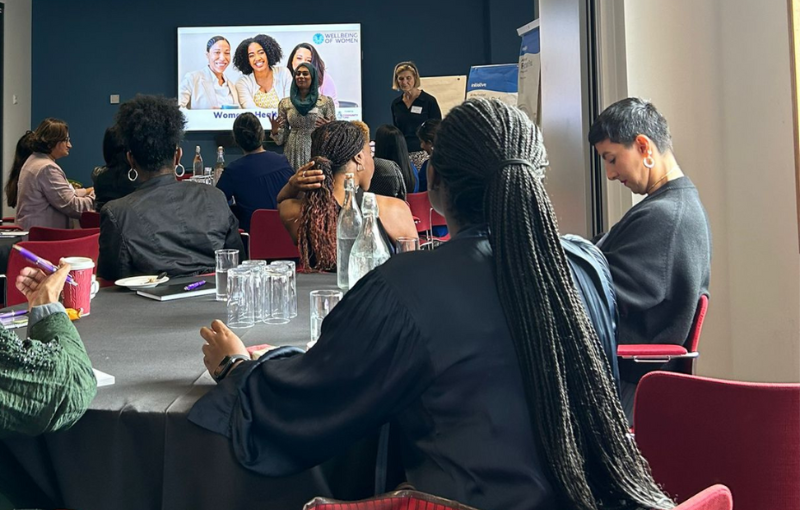
Funding and resources
Grassroots community engagement
Health system improvement
Read the full report here.
What’s next?
The event highlighted major gaps in meeting the needs of marginalised women but also showcased the passion and potential for change through cross sector collaboration. Implementing the recommendations in this report can help create more inclusive clinical pathways and close disparities in women’s health outcomes.
In January 2024, we will be holding the second meeting of The Health Collective, to take forward the recommendations made in the report. The group will meet quarterly with some meetings virtual and some in person.
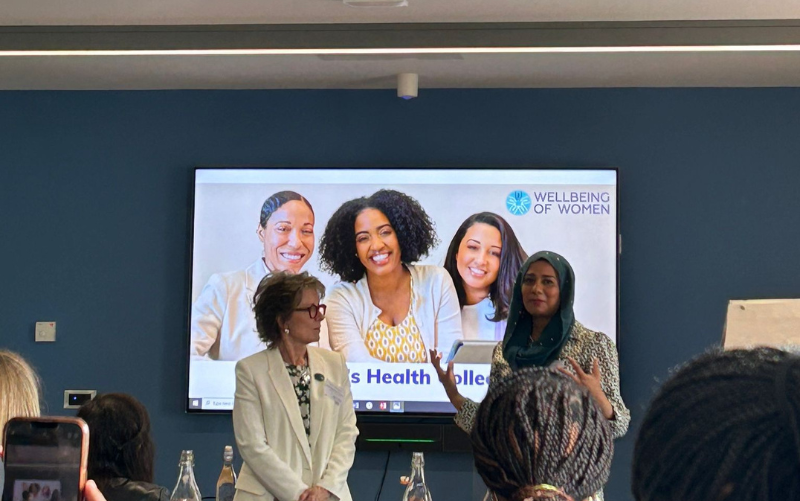
The Health Collective is being led by grassroot organisations and healthcare professionals representing women’s voices from marginalised communities in our society.
It aims to ensure that their voices are heard and used to influence Government policy via the Women’s Health Strategy and to create collaborative solutions to overcome many commons challenges.

A safe space created for women in the South Asian Community and women around the world who go through miscarriage and infertility alone.

The UK's number one Brit-Asian Radio Station.
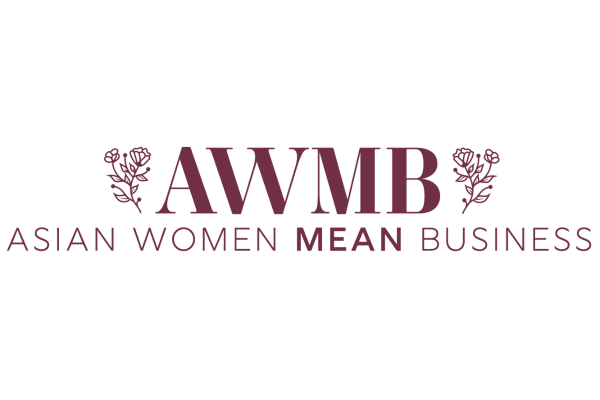
Inspiring South Asian Women To Dream Bigger.
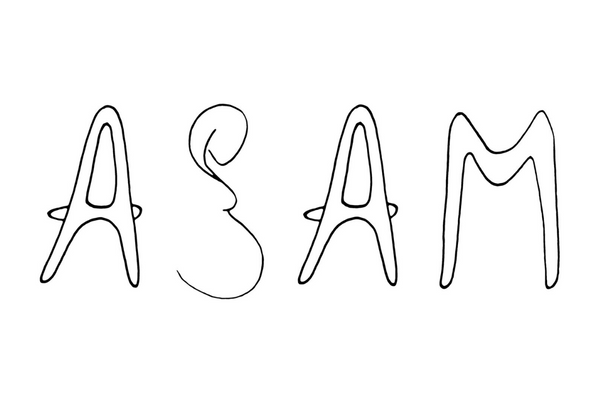
A platform for the South Asian Midwifery Workforce and birthing community, with the aim of providing equitable maternity care to the South Asian community
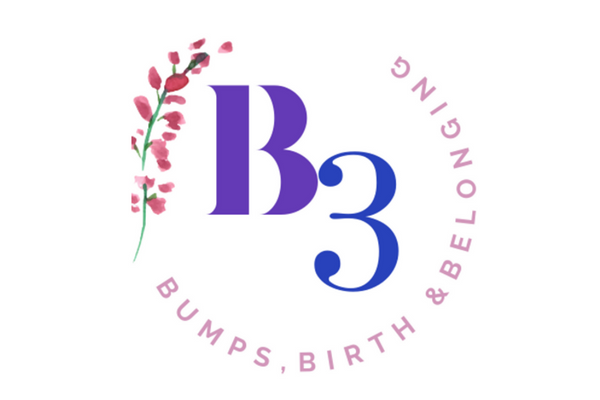
B3-Bumps Birth and Belonging CIC is the specialist organisation that supports Afro- Caribbean and minoritised parents with all things related to pregnancy, birth and parenting.
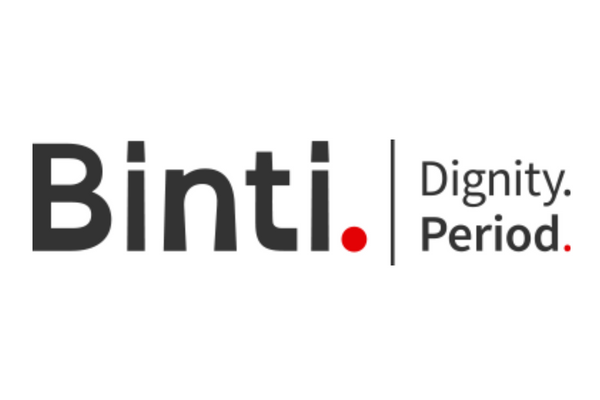
Believe that every girl deserves menstrual dignity, meaning access to education about menstruation, access to pads, and freedom from stigmas and taboos surrounding menstruation.
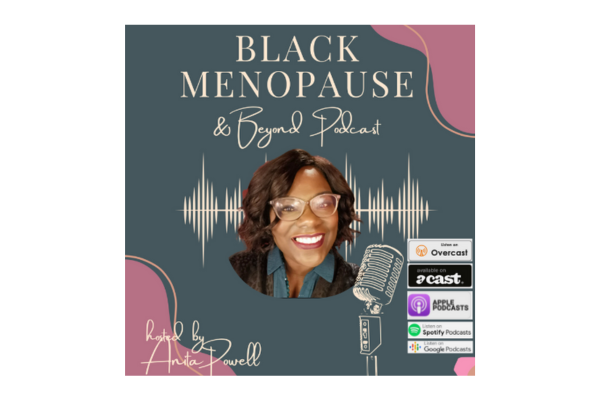
Podcasts and social media that amplify the topic of menopause and health issues affecting black women.
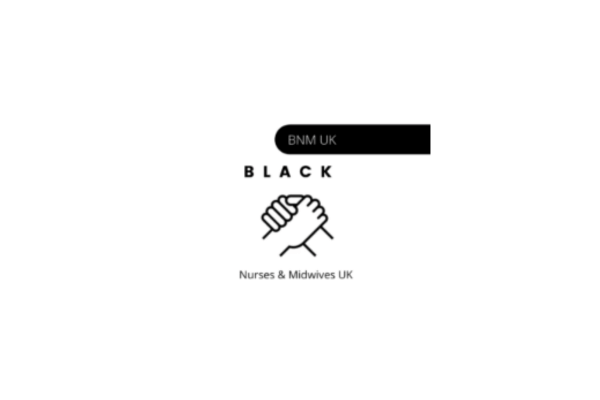
Black Nurses & Midwives UK is non-profit organisation that champions black students, nurses and midwives. Our key aims are networking, inspiring, empowering and connecting black professionals, and educating and raising awareness on health conditions that may disproportionately affect black and people of colour. We lobby change by raising awareness on health inequities through education, blogs, journals, speaking engagements and many more.
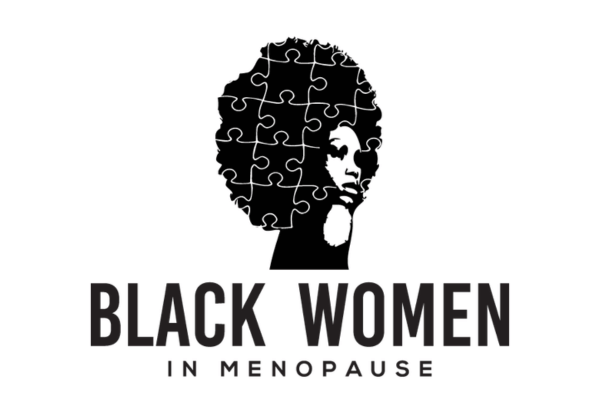
Black Women in Menopause provides a safe and supportive space for Black women to share their experiences, exchange information, seek advice, and advocate for better healthcare and workplace support related to menopause and beyond.
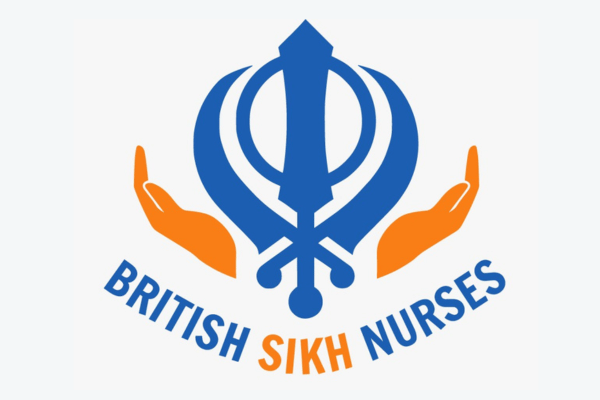
Aims to bridge the gap between the NHS and the South Asian Community in promoting holistic health and well-being as a faith-based nursing-inclusive organisation.
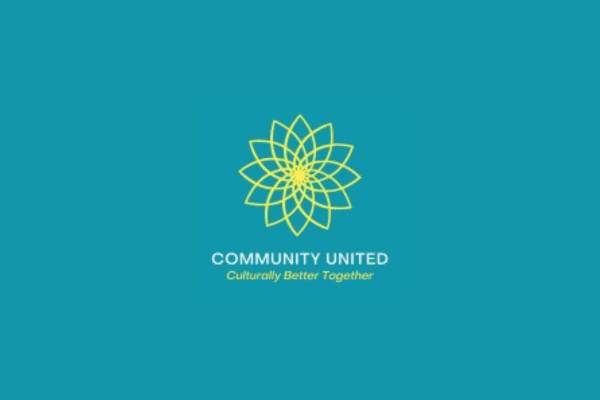
We work with the diverse communities in Reading, West Berkshire and Wokingham to promote and working together to enhance wellness. We increase awareness about the services available to women and have conversations about navigating the services to ensure access is equal for all. We are at present looking out for a community hub to make it a safe haven for all women to talk about the challenges of being women.
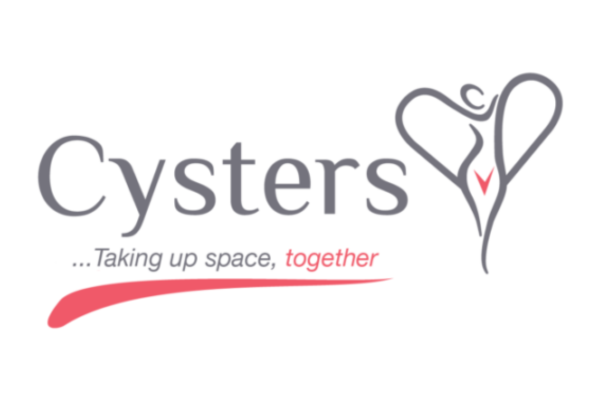
A collective of individuals changing the narrative around Reproductive and Mental Wellbeing, by ensuring our voices are represented in healthcare fairly. Cysters are striving for equal access to healthcare for marginalized communities, through education, awareness leading to empowerment.

Lavina Mehta MBE is the founder of Feel Good With Lavina, Patron of Menopause Mandate, and Author. Her mission is to help all ages Feel Good physically, mentally and reduce risks of common chronic diseases through her concept of “Exercise Snacking” & free chair workouts. She regularly runs Workplace wellness workshops, menopause talks, keynotes and features in press and podcasts.

A grassroots organisation committed to changing and highlighting Black maternal health outcomes in the UK.
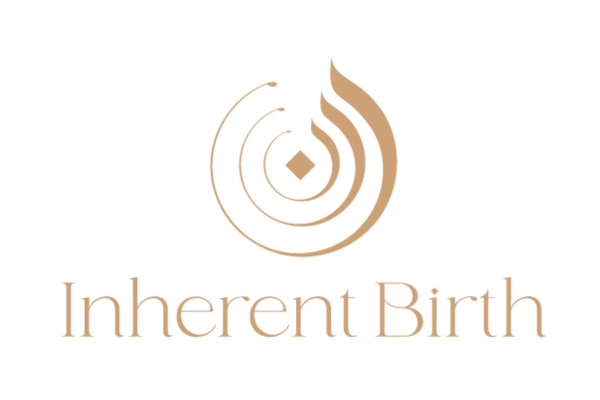
Inherent Birth provides Muslim women a safe space to flourish through their pregnancy and motherhood journey with culturally safe information, services and resources.
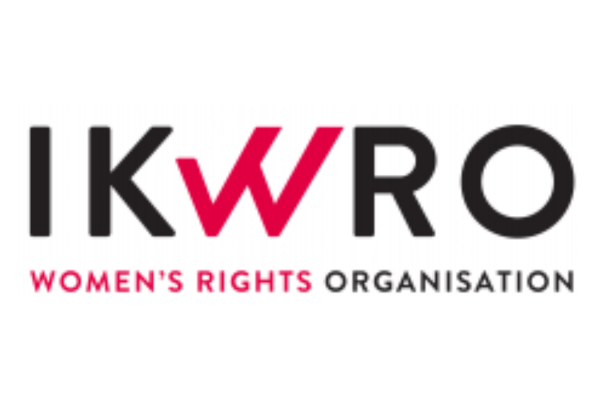
IKWRO - Women’s Rights Organisation is a UK based non profit set up to empower, support and advocate for women and girls from the Middle East, North African, and Afghan communities at risk and experiencing “honour” based abuse.
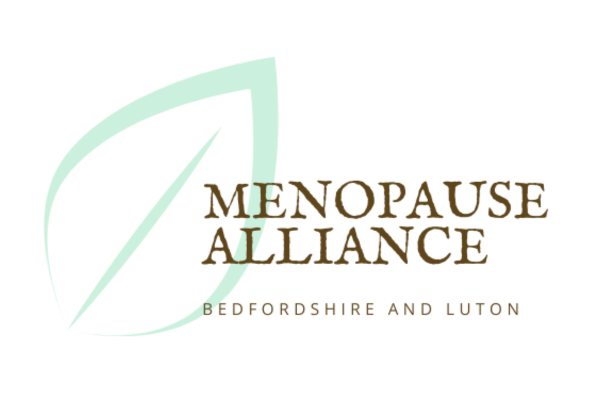
Menopause Alliance actively engages in communities that traditionally do not discuss menopause to start conversations around menopause and older women's health. They also conduct monthly peer support group meetings
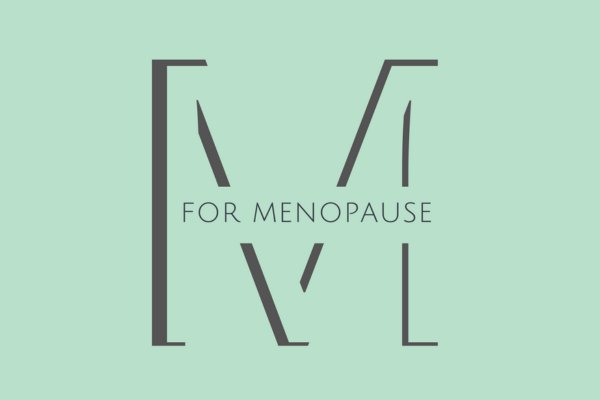
Madhu, founder of M for Menopause, not only empowers underrepresented voices in women's health, but aims to ensure every individual has accessible and beneficial support at work and home during menopause.
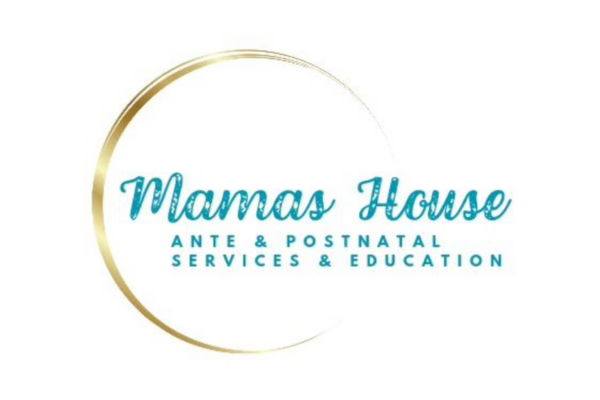
Mamas House is on a mission to transform the motherhood experience from surviving to thriving. We do this by offering 'outside the box' antenatal, postnatal and breastfeeding courses, workshops and events. Our sessions are culturally relevant as we centre each individual, as well as trauma informed. We pride ourselves in being able to offer fully funded or subsidised offerings, to keep our offerings as accesssible as possible.

Menopause educator and activist, public speaker, personal trainer, founder of the Don’t Pause for Menopause programme - a holistic multidisciplinary approach to educating women about menopause and how to navigate it. Founder of Don’t Pause for Menopause Symposium, Founder of Meera’s Menopause podcast and author of Don’t pause for menopause a guide to living optimally during menopause.

Olympian, life coach and women's health trainer. Advocates for menopause and is a patron of Menopause Mandate.
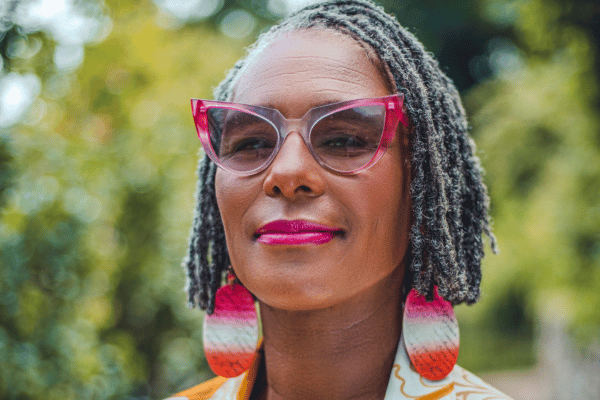
Karen Arthur is founder of Menopause whilst Black the podcast. Committed to sharing the stories of Black people in any stage of menopause, primarily based in the UK.
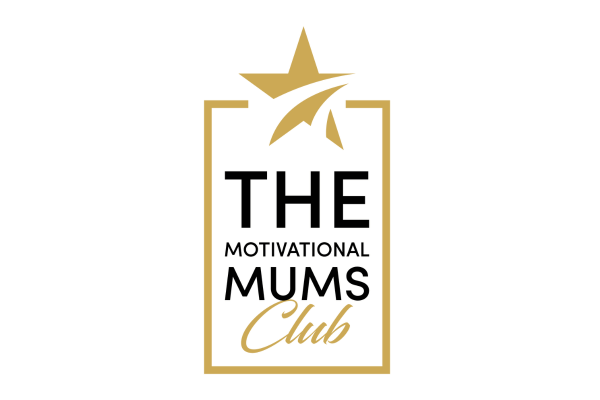
Provides free mental health support to mothers and birthing people, conducted by fully qualified psychologists. Along with a peer support group dedicated to support Black Mothers/birthing people with their mental health to make services more equitable and to break cultural barriers, alongside the Healthcare sector.

A grassroots-based women-led organisation established in 1995. Dedicated to addressing social injustices and empowering marginalised communities.
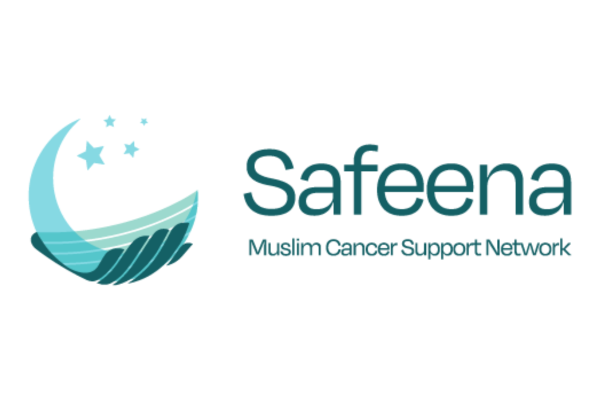
Safeena is the first Muslim cancer support network within the UK supporting Muslims (and anyone of any other faith or no faith) impacted by cancer either themselves or through a loved one. We provide online befriending support and education and awareness through our community champions. We are a national charity.
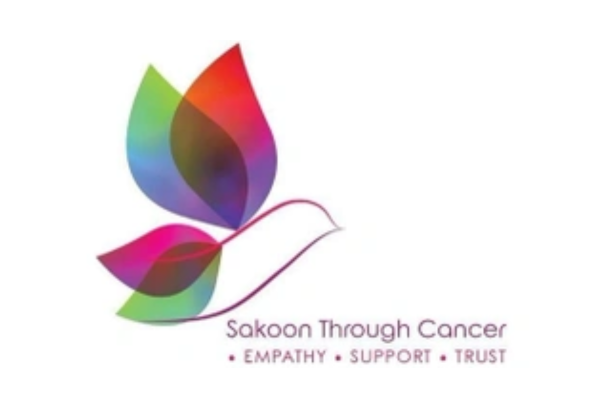
Support, workshops and educational programmes for breast cancer survivors of South Asian backgrounds.

A mental health and suicide prevention organisation, Sehhat's mission is to shape the mindset of punjabi and south asian communities surrounding mental health and suicide through advocacy, education, representation and research.
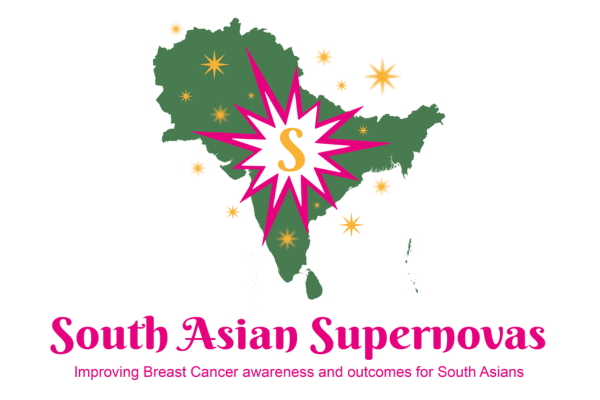
Created to improve outcomes in breast cancer in the South Asian community. Our organisation tackles inequalities faced in cancer care in South Asians by considering co-morbidities, culture and cultural conditioning and colonisation of medicine to educate healthcare, medical and pharmaceutical companies and to support this underserved population through community offerings.

Supports, advocates and educates those with adenomyosis and other menstrual health conditions, to learn, educate and share knowledge on menstrual health and womb wellness.
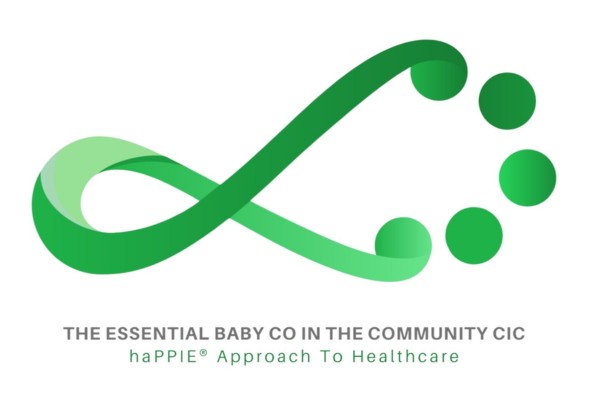
Reducing race-based health inequality in maternity service through inclusive tools, resources and equity-driven training for healthcare professionals.

For women wanting a safe & accessible space (online & in person) to access information & guidance on Fibroids & other womb issues.
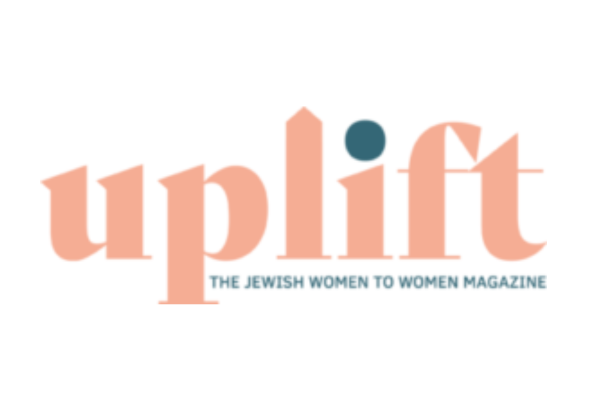
A quarterly women's magazine for the Jewish Community. Written by women, for women, this magazine aims to provide respectful and supportive advice on all of life's challenges.
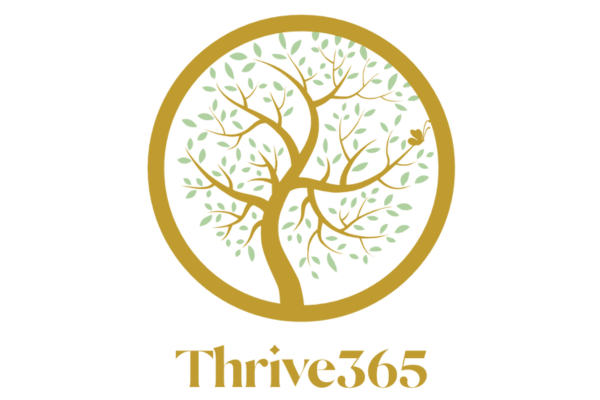
Through lived experience of cancer and as a trained Resilience coach, I facilitate courageous, compassionate conversations that provide clarity and realignment, empowering women to create a life in which they thrive.
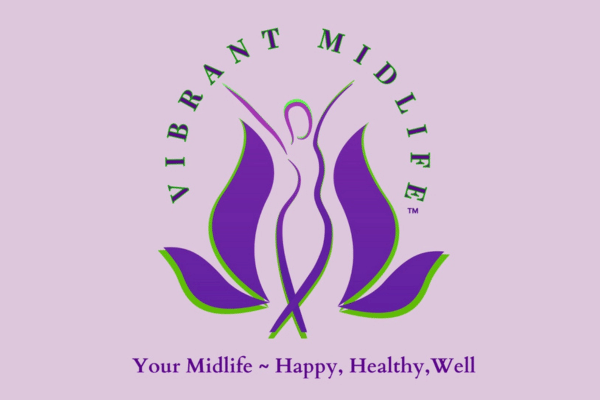
Provides menopause information, awareness sessions, workshops also holistic, culturally sensitive and evidence-based coaching to black & other women to help them create personalised menopause care plans so they thrive in life and work. They have extended their work also to incarcerated women.

A women's health platform that focuses on providing informational support on important topics such as Fibroids, Endometriosis, PCOS, PMS and much more. With the goal being to help women understand their womb and unlock better diet and fitness potentials.
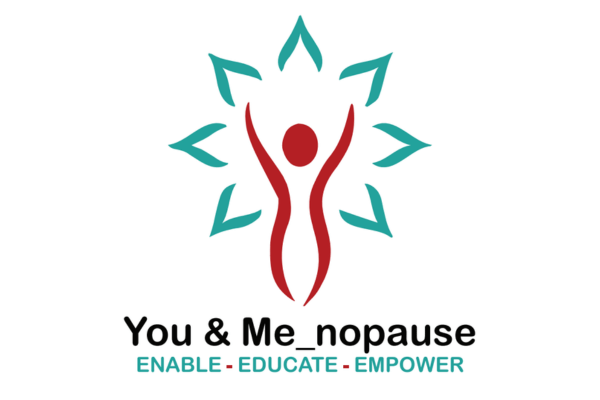
You and Menopause works towards destigmatising Black menopause experiences and shining the spotlight on diversity in menopause and championing for equity and inclusion.
Using creativity and arts to encourage open and honest intergenerational discussions and creating safe healthy spaces where lived experiences, knowledge, resources and information is shared.
GP in Cambridge and originally from Egypt. She started delivering women's health related talks in her local mosque and hopes to continue to do so to support this cohort of women in our community.
Consultant Oncoplastic Cosmetic Breast Surgeon. Health Educator.
Kings College London
Lead for Cultural Diversity & Antenatal Services | RCOG College Tutor
Working with local councillors on tackling health disparities, especially for women in the South Asian, Black, and Traveller communities.
Thorrun is a community pharmacist with a strong media presence.
Co-Chair LGBTQ+ Network; Co-Chair Lambeth Links LGBTQ+ Equalities Sub-Group; Pride in Practice Sessional Trainer
Specialise in South Asian diets.
Addressing health inequalities via information and education for women in underserved communities using a website and information platform, AskAwayHealth.
A GP in Sheffield and a researcher specialising in sexual and reproductive health. Her PhD looks at barriers to access to SRH in general practice. Current projects, which she is supervising, are around access and experience of contraception by women from ethnic minority groups.
Registrar at UCL, co-chair of Muslim Health Network; Getting women to make bread to learn about breast cancer signs.
General practitioner with a specialist interest in women’s health and a bowel cancer survivor since 2018
NHS GP, GP educator, Honorary Senior Clinical lecturer, host, speaker and health content creator.